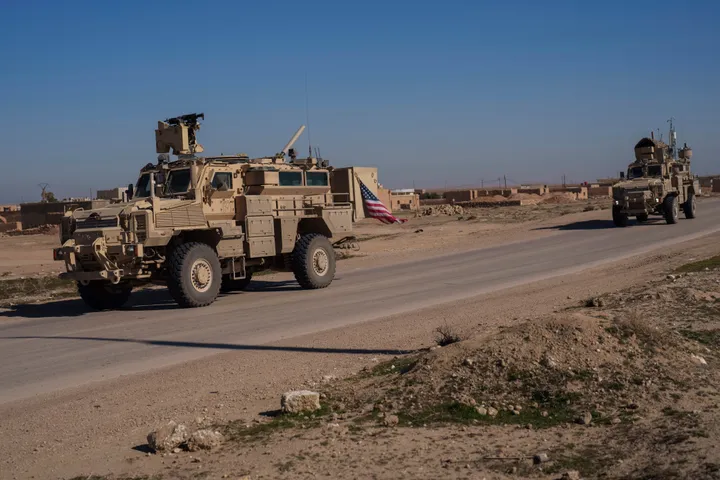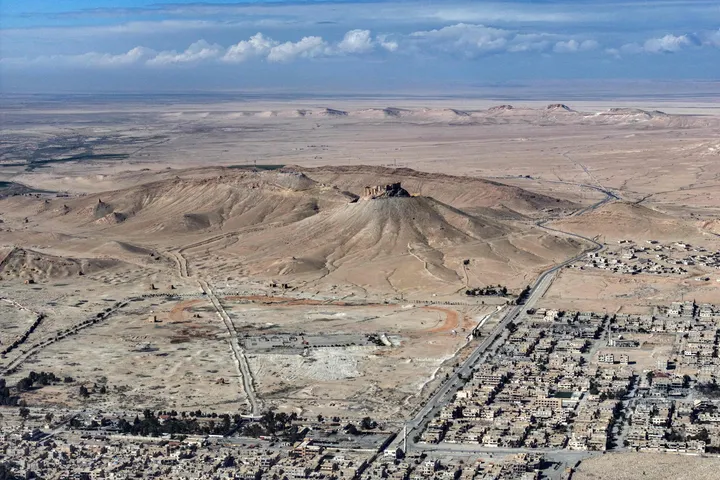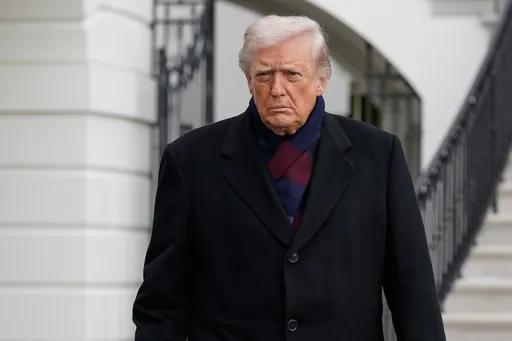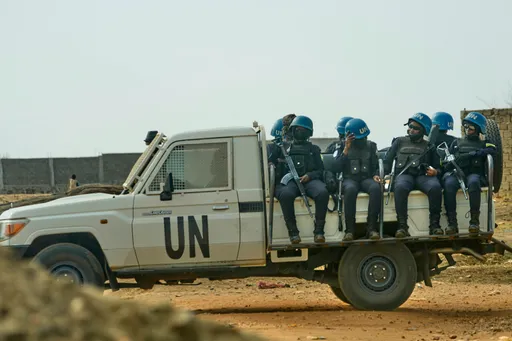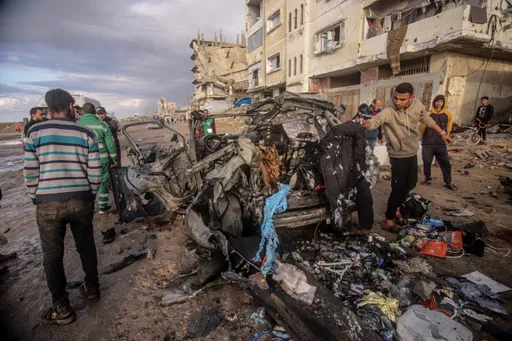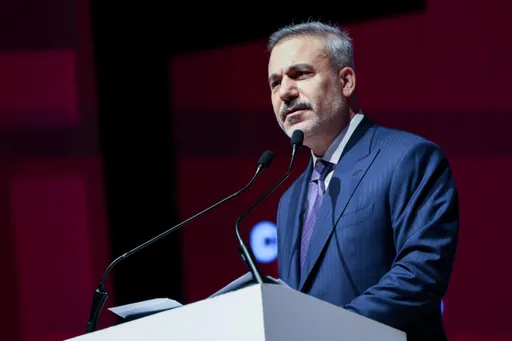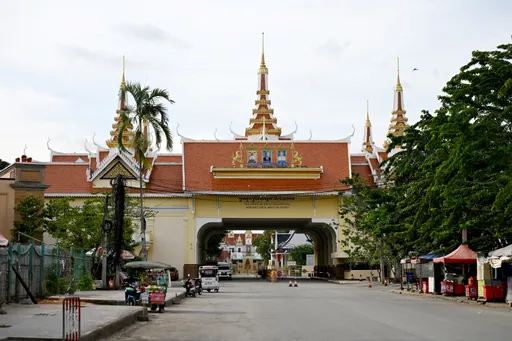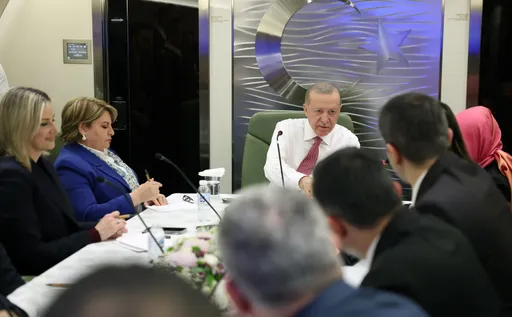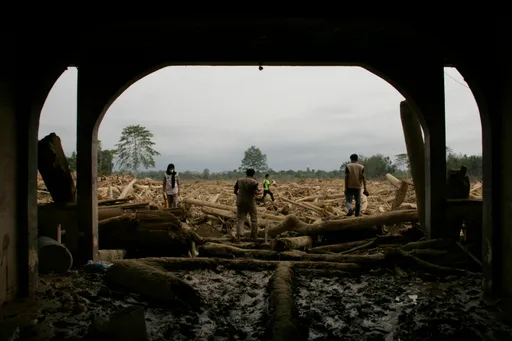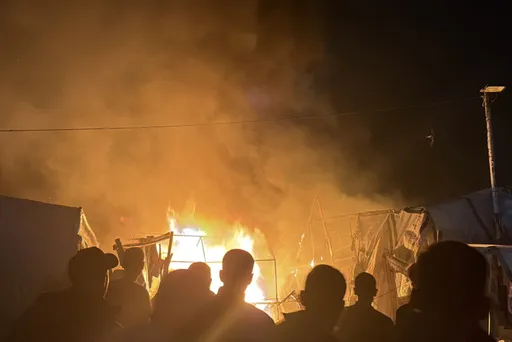Peruvian security forces will enter criminally controlled coca-growing areas for the first time as part of a plan to eradicate half the country's supply of the leaf used to make cocaine, the government said on Wednesday.
Peru currently has 50,000 to 55,000 hectares growing in areas long controlled by heavily-armed rebel groups and drug-trafficking organisations. Some 75 percent of Peru's coca is grown in a Puerto Rico-sized area of Amazon seen so far as too dangerous for police and soldiers to enter.
"It has to be done slowly, but it has to be done," Peru's drug czar Carmen Masias told a news conference.
The government's goal, she said, is to eradicate half of Peru's coca plants over four years. The plan includes the introduction of 4,000 hectares of alternative crops meant to keep farmers away from the cocaine trade.
Peru and its Andean neighbour Colombia are the world's biggest cocaine producers, according to the United Nations.
Only about 10 percent of the coca grown in Peru is used for traditional purposes like being chewed as a source of energy, or made into tea or medicines. The rest goes to drug smugglers.

